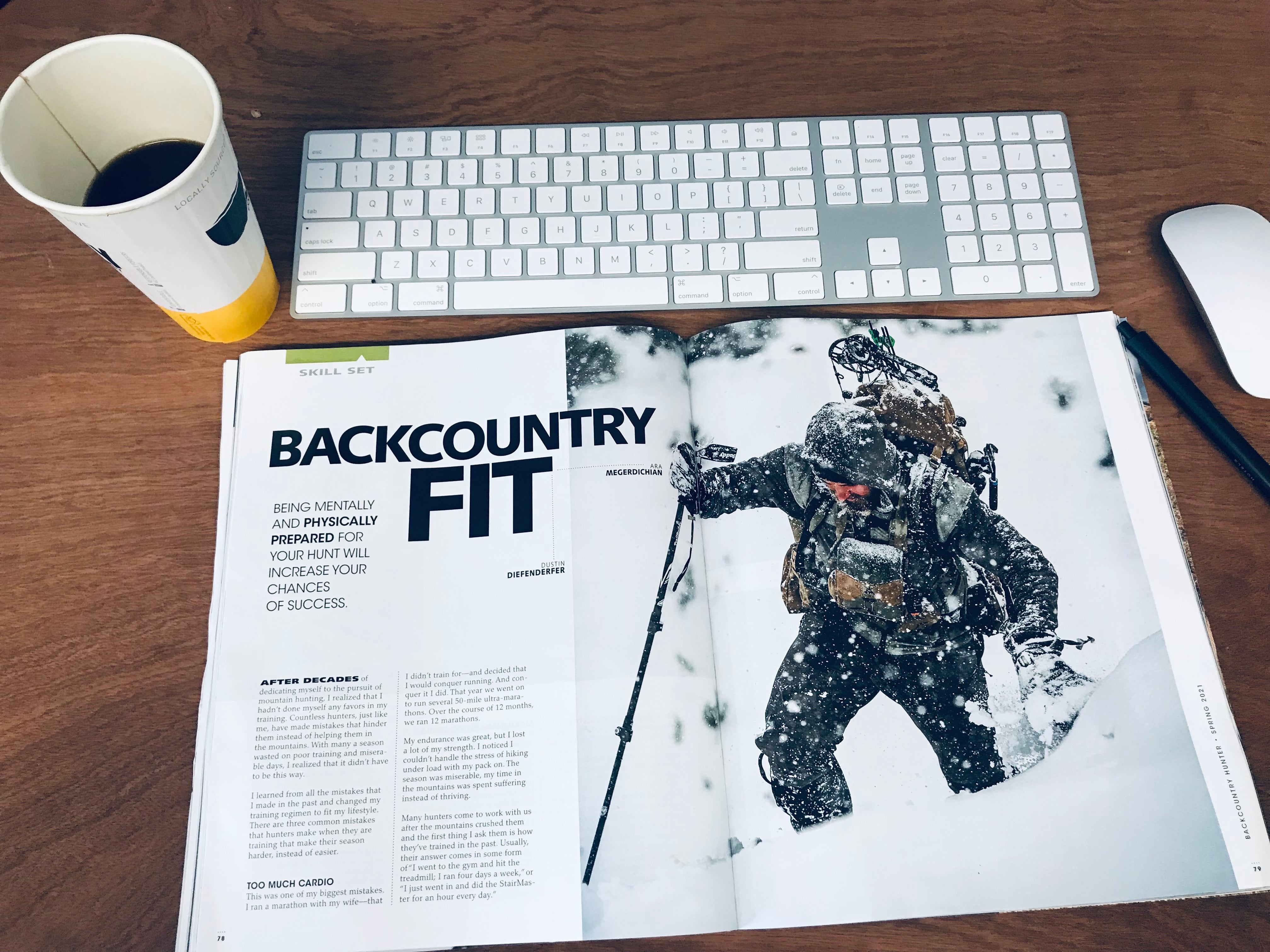Good article from Dustin at MTNTOUGH Fitness Lab that was in Backcountry Hunter Magazine.


 mtntough.com
mtntough.com


Preseason Training for Backcountry Hunter Magazine
Hunting the remote areas of North America will challenge both your physical and mental strength like never before. To be ready for these hunts, it is important to train your body so you don't put yourself in a dangerous situation in the mountains.
Last edited:
